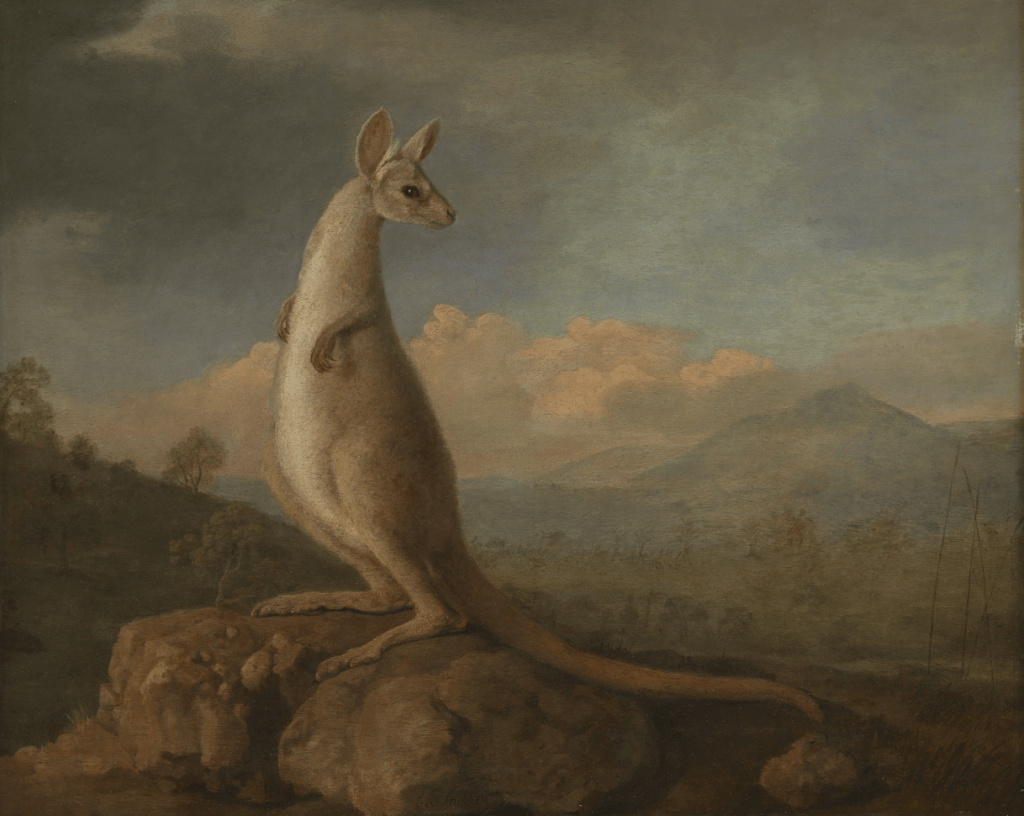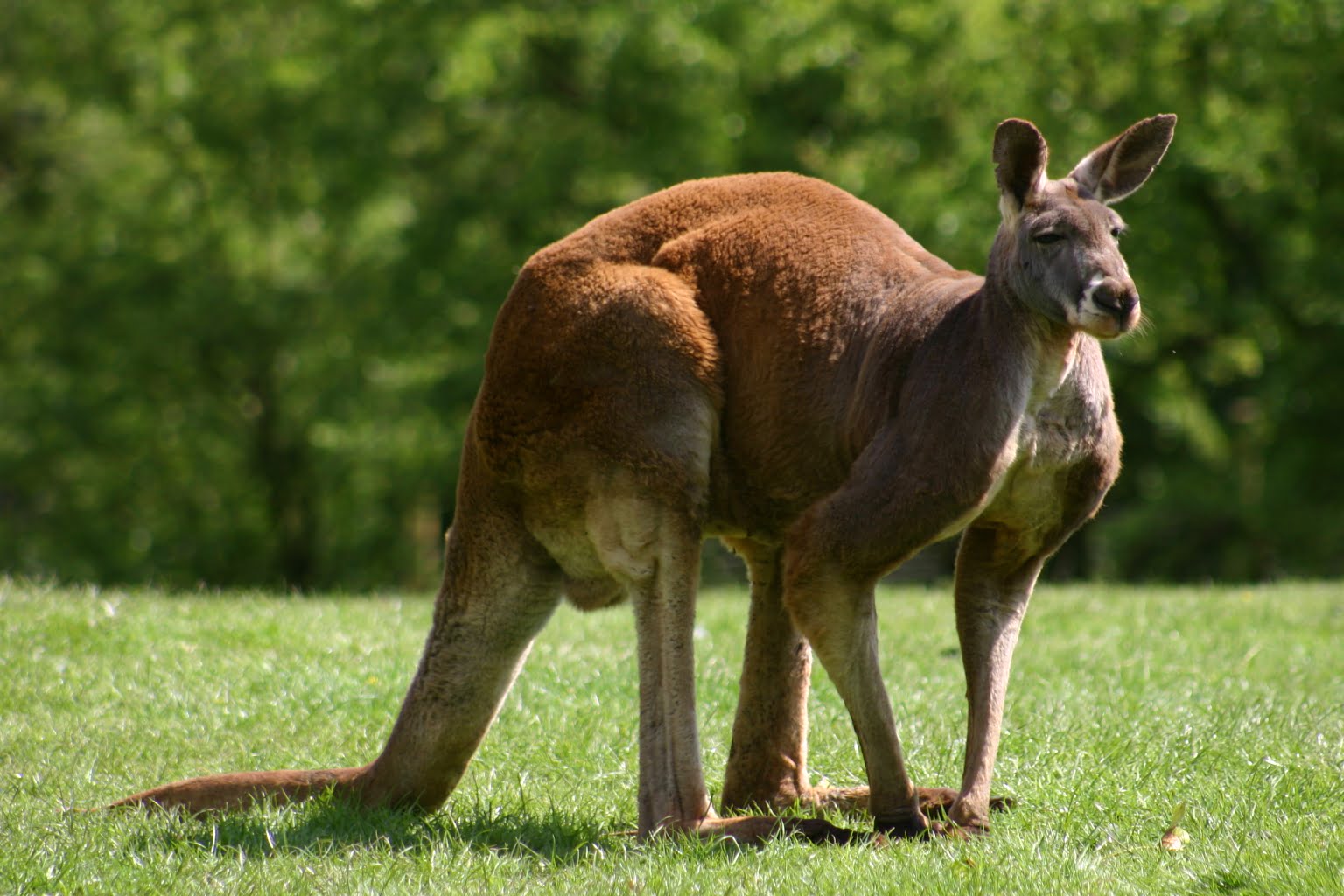The story of how the Aborigines answered “kangaroo” without understanding the question of the first Europeans about the marsupial animal is known to many. We checked whether this word really has this etymology.
This interesting fact is one of those that people learn about in childhood from all kinds of books. This is what, for example, the famous zoologist Bernard Grzimek writes in his book “Australian Sketches”:
“The most famous Australian animal, the kangaroo, has a less successful and even to a certain extent offensive name for Europeans. The fact is that when some of the first Europeans saw a kangaroo, they asked the aborigines they met: “What’s the name? Who is it?” To which they replied: “Kangaroo.” So this name was included in reports and books, and only later it became clear that the aborigine’s answer meant: “I don’t understand.” The answer is quite reasonable for a person who is not experienced in English.”
It should be noted that the participants in the story in question were the traveler James Cook and the naturalist Joseph Banks, the future president of the Royal Society of London. They began to describe the animal in their diaries back in May-June 1770, and in Cook's entry dated August 4, the local name was first mentioned - then in the form of kangooroo and kanguru, and not kangaroo. The crew of the Endeavor spent this period on the northeast coast of Australia, in the vicinity of the modern city of Cooktown, while the ship, battered on the Great Barrier Reef, was undergoing repairs. Home to England, travelers brought not only the diary, but also the skin of the animal, as a result of which the first painting with its image appeared:

18 years later, in 1788, the so-called First Fleet arrived in Australia, led by Arthur Philip, who was destined to found the colony of New South Wales and its capital, the city of Sydney. Philip had with him a mini-dictionary, which Joseph Banks compiled for him based on his diary entries. The word kangaroo was also included there as the name of large quadrupeds encountered by Europeans in the northeast. However, Philip immediately encountered a problem: the local aborigines perceived this word with bewilderment. The Briton did not suspect that there are about 250 languages in Australia and, in addition, each subspecies of kangaroo has its own unique name.
However, the theory that the interlocutors of Banks and Cook simply did not understand the Europeans arose not after this incident, but in 1820, when Captain Philip King visited the mouth of the Endeavor River - the very place where Cook and his companions communicated with local residents. The vocabulary of the Guugu Yimitir people coincided exactly with what Banks and Cook recorded, except for one word - “kangaroo”. The aborigines said that they called this animal minha.
Linguists have not given up trying to understand this situation. In 1898, ethnologist Walter Roth wrote to The Australasian suggested, that the word gang-oo-roo used by Guugu Yimitir is the same “kangaroo” recorded by the discoverers. However, this correspondence went unnoticed by other scientists, and only in 1972 the anthropologist John Haviland established that, indeed, the word kangurru this tribe designates “large black” individuals, which are in fact representatives of the eastern gray kangaroo species. Well, the word minha guugu yimitir refers to edible animals.
It remains to add that the sad practice of exterminating wild kangaroos for meat has been practically stopped these days. However, there are only about 700 people left on the planet who speak the very language that gave the world the word “kangaroo”. And in this language the word “kangaroo” does not mean “I don’t understand.” This is just a common misconception.
Fake
Read on topic:
1. http://gutenberg.net.au/ebooks05/0501141h.html#jul1770
2. https://www.etymonline.com/word/kangaroo
If you find a spelling or grammatical error, please let us know by highlighting the error text and clicking Ctrl+Enter.







